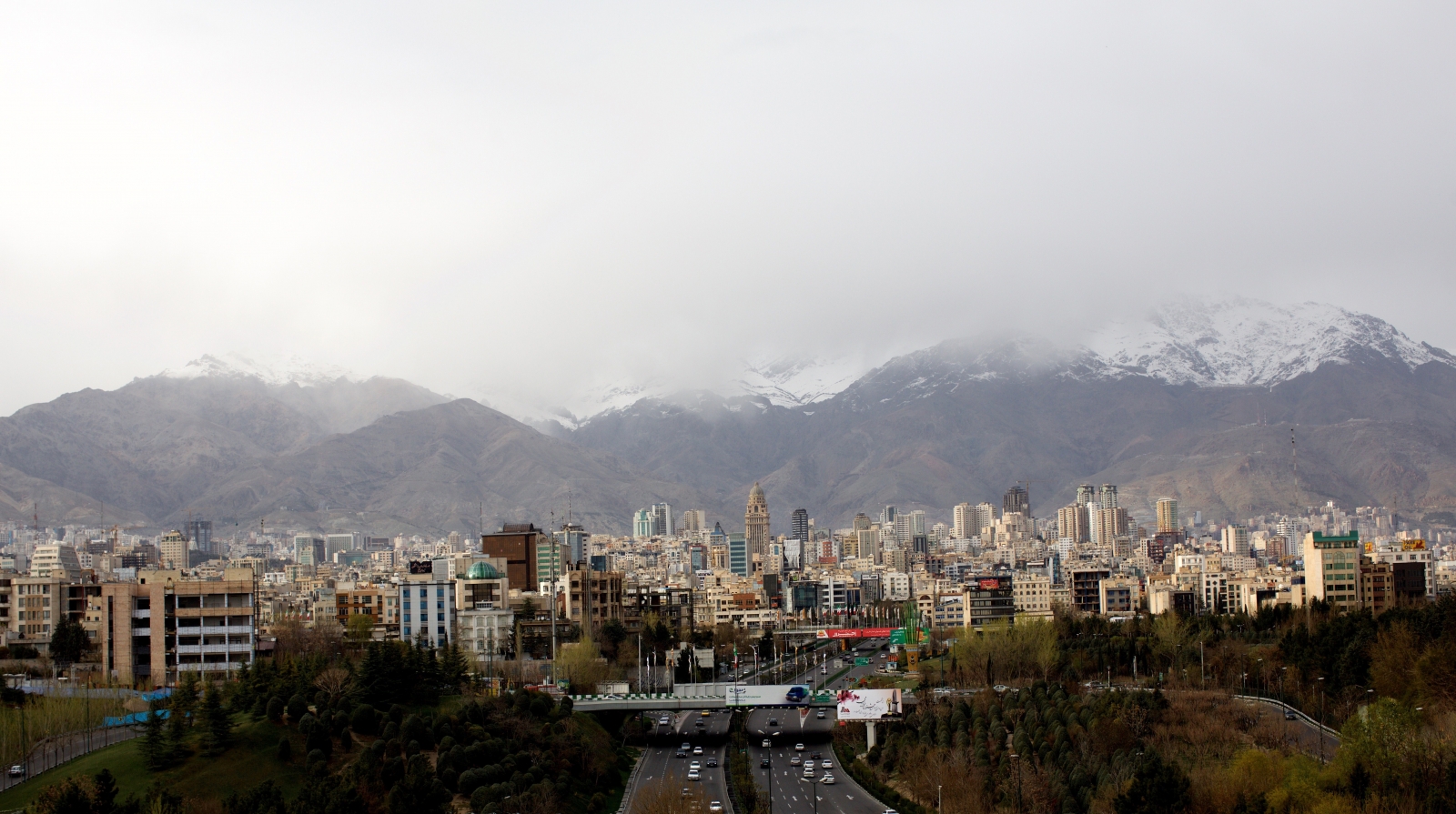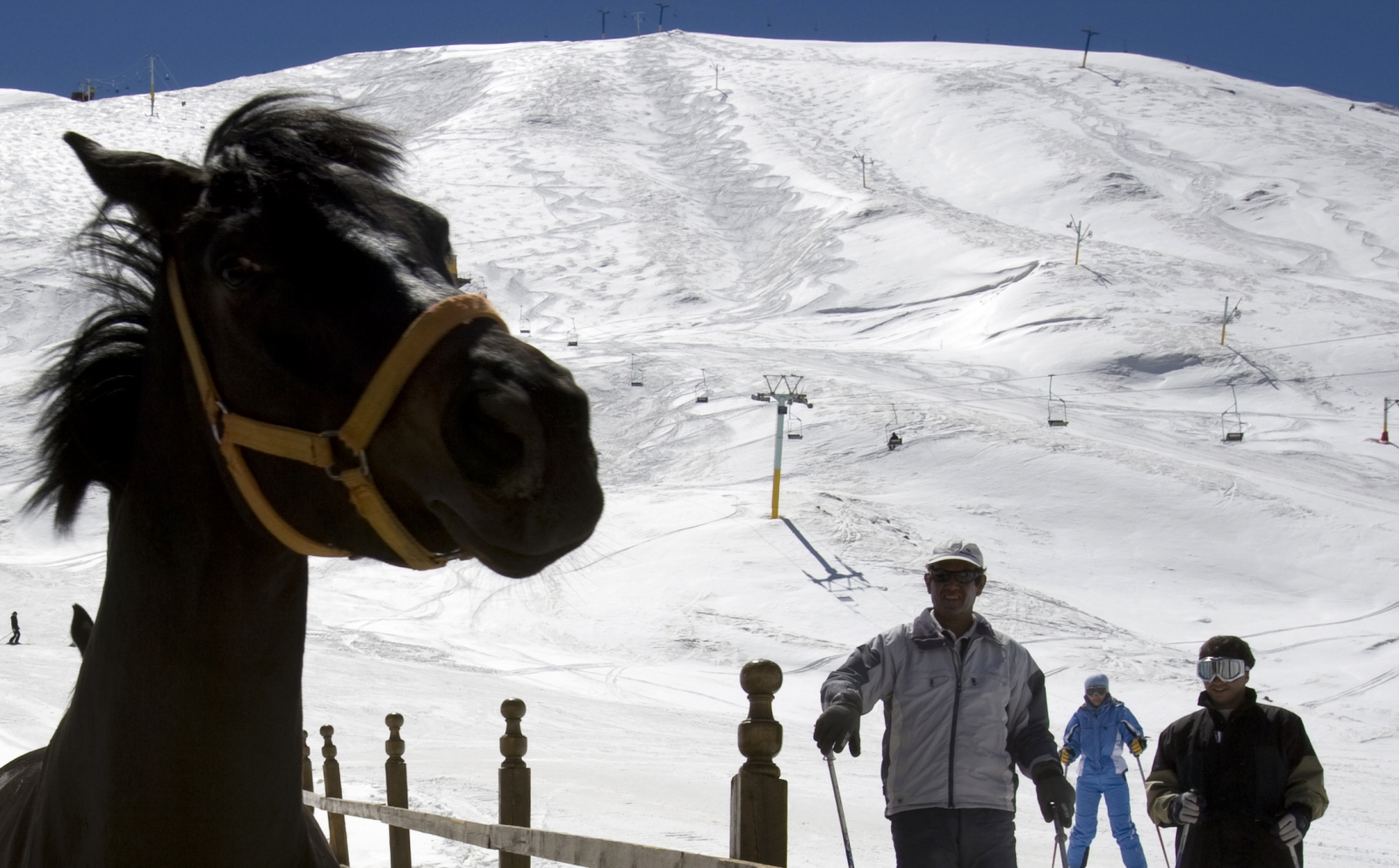Iran tourism: Head for the beach or ski the Alborz Mountains - if you can get a visa



As Iran has agreed to a landmark preliminary deal on its nuclear program, many globetrotters might be thinking the time is ripe to visit a country once referred to in the West as a pillar of the Axis of Evil.
Iran is in fact home to a fantastic range of diverse tourist destinations - from UNESCO protected sites, to its buzzing capital, skiing and beach resorts.
British tour operators had already recorded an increase in appetite for holidays there last year, as diplomatic relations started to improve following the election of moderate president Hassan Rouhani in 2013.
The framework agreement struck last week, which, if implemented, will see western sanctions lifted in exchange for Teheran slashing its ability to produce nuclear weapons. This is likely to boost the trend, changing the public perception of the viability and safety of a holiday in Iran.
Nevertheless, as things stand, Brits and Americans willing to ski down the Alborz Mountains or visit the ancient city of Persepolis still have to face a series of bureaucratic hurdles bequeathed by years of national distrust.
Although London and Washington have no restrictions in place for their citizens wishing to visit Iran, both do not have an operating embassy in Tehran and vice versa, something that makes a tourist's life more complicated in a number of ways.
Limited diplomatic protection
The British Foreign and Commonwealth Office (FCO) cites the lack of a diplomatic presence as one of the reasons behind its recommendation against all travel to areas of Iran bordering with Afghanistan and Iraq, and against all but essential travel to the rest of the country.
"British travellers to Iran face greater risks than nationals of many other countries due to high levels of suspicion about the UK and the UK government's limited ability to assist in any difficulty," the FCO Travel advice reads.
"There's a risk that British nationals could be arbitrarily detained in Iran despite their complete innocence, as happened most recently in 2011," it adds.
The situation might be particularly risky for dual nationals, as Tehran does not recognise dual nationality and authorities are known to have recently arrested British-Iranians on allegations of involvement in political and human rights activities, according to the FCO.
For example, there is the case of Ghoncheh Ghavami, who was held last year attempting to watch a men's volleyball match. The 25-year-old was detained for months as she was said to have become a pawn in a power struggle between moderate forces close to Rouhani and hard-line conservative within the regime.
The US Department of State similarly warns its citizens to "carefully consider the risks of travel to Iran".
"Some elements in Iran remain hostile to the United States. As a result, US citizens may be subject to harassment or arrest," the warning reads. "Iranian authorities also have unjustly detained or imprisoned US citizens on various charges, including espionage and posing a threat to national security."
Washington does not have diplomatic or consular relations with Tehran, with Switzerland acting as representative of its interests in the country.
"Our ability to assist US citizens in Iran in the event of an emergency is extremely limited," the waning adds.
Visa
On the other end, the lack of an Iranian diplomatic mission in London or Washington is also an issue for would be visitors, as it complicates significantly the process to obtain a visa.
Britons and Americans need to get a visa prior to their arrival in Iran, unless travelling only to the seaside paradise of Kish Island, in the Persian Gulf.
The FCO warns that "the application process for an Iranian visa can be long and unpredictable".
It starts with an application to be submitted to the Ministry of Foreign Affairs in Tehran via a local tour operator - unless you know someone in Iran who can do the paperwork for you.
Once the application is processed, the would-be-tourist is issued a visa authorisation code that has to be brought at the local Iranian diplomatic mission, along with passport and other documentation, which includes photos wearing a headscarf for women and girls aged over the age of nine.
Given that, as aforementioned, there is no Iranian embassy in London, Brits have to travel to Dublin, Ireland, to have their visa approved.
US nationals are slightly favoured here, as their applications are handled by the Iranian "interest section" at the Pakistan Embassy in Washington DC, which is also happy to receive documents via mail.
Americans are also better off concerning visa charges as their application costs $90 (£60) against the $265 (£178) asked to UK nationals.
Other requirements
US tourists are said to need a guide throughout their stay in Iran are fingerprinted upon entry, while a spokesperson from the Iranian embassy in Dublin told IBTimes UK Britons need one only if using a vehicle in Tehran.
Holding a valid visa is not guarantee of entry, according to the US state department. "Some US citizen travellers with valid visas have been refused entry at the border without explanation".
A reason you will be almost certainly turned away at the border is "if your passport contains an Israeli stamp or stamps from other countries' border crossing points with Israel," the FCO explains.
Despite the complications you might encounter to enter, Iran is home to many marvels well worth a visit. IBTimes UK has selected some Iran's top travel destinations.
© Copyright IBTimes 2025. All rights reserved.




















